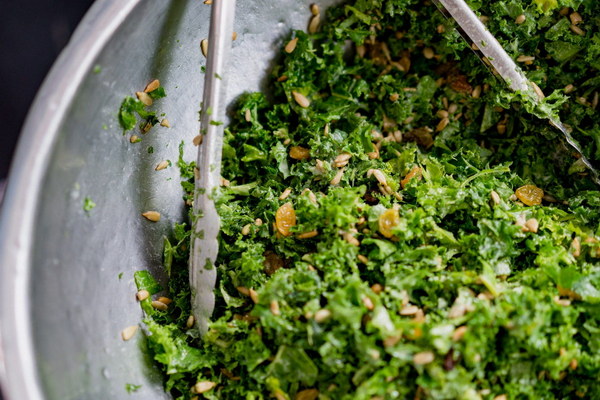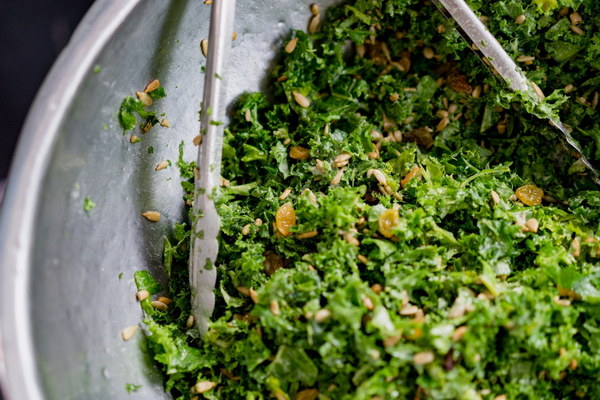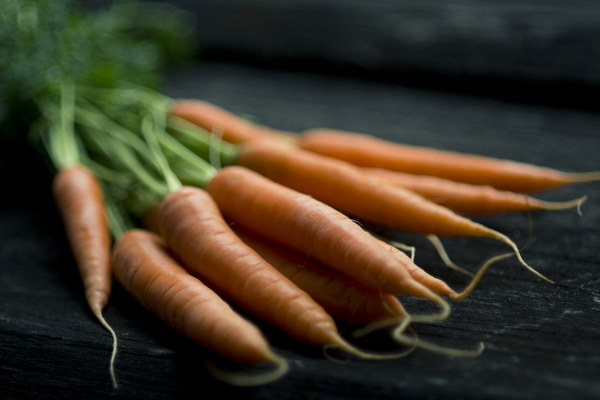Embrace the Winter with the Richness of Mutton A Traditional Chinese Supplement for Health and Vitality
As the cold winter months approach, the air turns crisp, and the days become shorter. This is the perfect time to take advantage of nature's offerings and nourish our bodies with warm, hearty foods. One such traditional food that has been cherished for centuries in Chinese culture is mutton. Renowned for its warming properties, mutton is considered an ideal supplement during the winter season. In this article, we will explore the benefits of mutton, its preparation, and how it can contribute to our overall health and vitality.

Mutton, derived from the meat of sheep, is a rich source of protein, vitamins, and minerals. It is especially valued for its high content of B vitamins, such as niacin, riboflavin, and thiamine, which are essential for energy production and metabolism. Additionally, mutton contains significant amounts of zinc, selenium, and iron, which play crucial roles in maintaining our immune system, promoting wound healing, and supporting growth and development.
One of the primary reasons why mutton is considered beneficial during winter is its ability to generate warmth within the body. The Chinese believe that mutton has a warming effect, which can help to combat the cold weather and keep us feeling cozy and toasty. In traditional Chinese medicine (TCM), mutton is often recommended for those suffering from cold extremities, weakness, and fatigue, as it is believed to improve blood circulation and boost the body's resistance to cold.
To prepare mutton, there are various traditional methods that have been passed down through generations. One popular dish is Mutton Stew, which involves slow-cooking the meat with a variety of spices, herbs, and vegetables. This not only enhances the flavor of the mutton but also ensures that the nutrients are thoroughly infused into the stew. Another common preparation is Mutton Soup, which is believed to be especially beneficial for those with weak immune systems or digestive issues, as the broth is soothing and easy to digest.
When it comes to incorporating mutton into your winter diet, it is essential to choose high-quality meat from healthy sheep. Opt for well-marbled cuts, such as leg or shoulder, which are more flavorful and tender. To prepare mutton, start by cleaning the meat thoroughly and trimming any excess fat. Then, you can choose to cook it in a variety of ways, such as boiling, stewing, or roasting. Regardless of the cooking method, ensure that the meat is well-cooked to prevent any foodborne illnesses.
In addition to its health benefits, mutton is also a versatile ingredient that can be used in various dishes, making it a delightful addition to any winter meal. From stews and soups to curries and kebabs, the possibilities are endless. Incorporating mutton into your diet can provide a warm, satisfying, and nourishing experience, leaving you feeling revitalized and ready to face the cold weather.
However, it is important to note that while mutton is generally considered a healthy and beneficial food, some individuals may experience adverse reactions. Those with a history of kidney disease or high cholesterol should consult with a healthcare professional before consuming large amounts of mutton, as it may exacerbate their conditions. Additionally, as with any food, moderation is key; overindulgence in mutton can lead to weight gain and other health issues.
In conclusion, mutton is a delicious and nutritious food that can be a valuable addition to your winter diet. With its warming properties, high nutrient content, and versatility in various dishes, mutton is an excellent supplement to help you stay healthy, energetic, and warm throughout the cold months. So, embrace the winter with the richness of mutton, and savor the flavors that have been cherished for centuries in Chinese culture.









